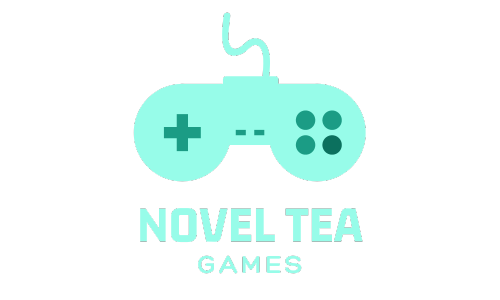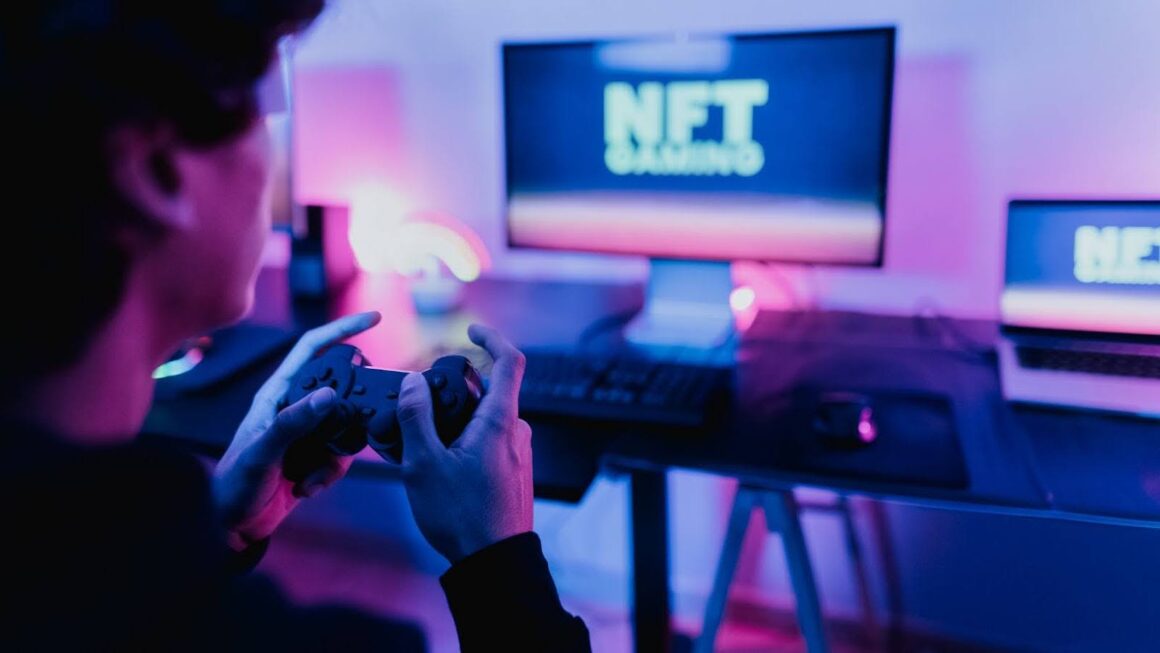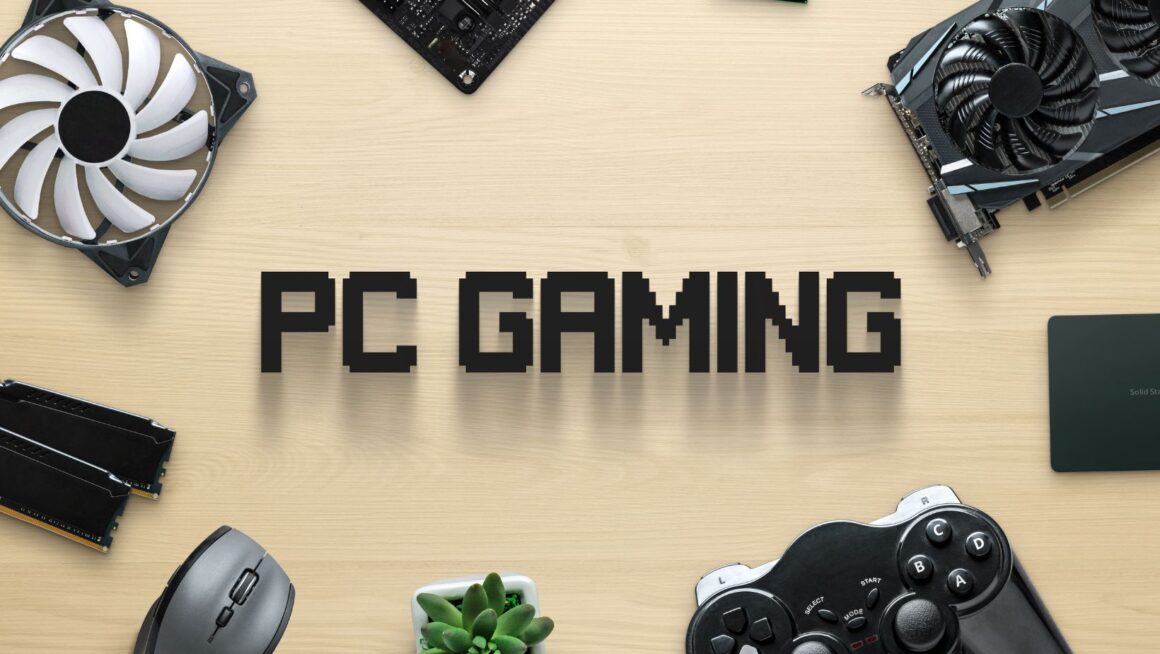Even if you don’t fully understand how it works, at this point nearly everyone has heard of blockchain and has a vague idea of what it does. In the most basic terms, a blockchain is a distributed ledger that records and stores data.
Blockchain is usually discussed in relation to cryptocurrencies. It’s the technology that makes it possible to record and manage cryptocurrencies in a secure way. As it has become more well known, developers have been looking into other potential uses for it. Blockchain technology is already being used to create secure smart contracts and streamline supply chains. Now, blockchain is starting to be used for gaming.
Online video games that use blockchain technology are called on-chain or decentralized games. Like most things to do with blockchain, decentralized gaming has sparked a lot of conversation. Supporters consider decentralized games to be the future of gaming, while more traditional voices argue that they’re just a fad.
In this article, we’ll start by explaining just what decentralized gaming is. Then, we’ll look at some of the types of decentralized games and how they are used. At the end, we’ll evaluate whether decentralized gaming is just a fad or if we’re witnessing the start of a gaming revolution.
What is decentralized gaming?
As we mentioned above, one of the blockchain’s most important features is the security it provides and the ability it offers to track all steps in a transaction. This makes it ideal for games that include a lot of collectible items. It prevents items from being lost or stolen in a data transfer or hack.

The other reason people like on-chain games is that the entire game, except for what the player sees on their screen, is run solely using blockchain. This sort of ‘centralized’ decentralization means that players can see and access the game logic, which allows the base game to be adapted into new games with less effort.
The stability of blockchain is another intriguing factor when it comes to gaming. Everyone knows the frustration of no longer having access to classic games because they’re no longer compatible with the latest tech. Blockchain, on the other hand, can be used to create games that can be played for as long as the blockchain exists.
The potential issue with on-chain gaming is that blockchain can limit the speed and scalability of a game. These are key factors in creating fast-paced, complex games. This means that most on-chain games are currently very simple, such as trading card games or slot machine games.
Online gaming
On-chain and decentralized gaming are currently a novelty more than a serious alternative to traditional console or PC gaming. Currently, most online games that are on-chain are fairly basic. Trading card or collecting games are the most common because they put the blockchain’s special features to such good use.
World building games and simulators are also starting to appear, and there are also a limited number of roleplaying games. These RPGs might be fairly basic currently, but they demonstrate the exciting potential that on-chain gaming has.
The close relationship between decentralized gaming and cryptocurrency means that many on-chain games have a cryptocurrency element. There are multiple popular play to earn games for the most widely used cryptocurrencies. There are also RPGs that reward players with cryptocurrency as well.
Online casino gaming
Online casinos have been steadily replacing traditional casino gambling in terms of popularity. Players enjoy how convenient online casinos are and how easy they make it to access world-class games. Sweepstakes casinos are a particular type of online casino that have a big following in the United States as they can be accessed in nearly every state.

Sweepstakes casino guides, such as https://www.sweepstakescasino.net/, can point you in the direction of online casino sites that host decentralized games. These are typically crypto casinos, which makes sense since both rely on blockchain technology.
Decentralized casino games, whether at regular online casinos or at sweepstakes casinos, have a growing audience due to the security and fairness that they offer. The blockchain doesn’t just make online casino gaming more fair, it makes it more transparent. Transparency is one of the biggest concerns many players have about online casino games, so decentralized gaming is a big improvement.
Final thoughts — Fad or revolution?
Decentralization is a hot topic right now and has been since Bitcoin first made waves with the wider public. While there are tons of applications for the blockchain that make the most of its security and function as a secure ledger, gaming isn’t a natural choice.
Decentralized gaming probably isn’t going anywhere — it’s a cool experiment in a new direction for gaming at a time when console games are losing popularity to online gaming. However, it’s unlikely to be a revolutionary change. Most likely, decentralized games will remain a fun option for players who are interested in blockchain technology and how it works.



